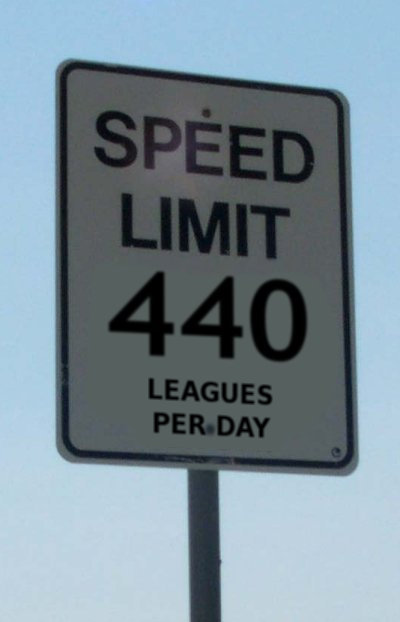So we went to a monster truck rally on Saturday, me, the wife, and the kids.
It was Jonah’s friend Liam’s sixth birthday. Liam’s into monster trucks and after the aforementioned party at his house most of the guests piled into their cars and drove to the OaklandMcAfee Coliseum. It was a miserable night, cold, windy, and wet.
Our first surprise came when traffic was backed up for two miles on the highway. All monster-truck traffic? (Turns out the Foo Fighters were playing next door at the OaklandOracle Arena at the same time, so it’s impossible to know how many were cool rock fans and how many were trashy demolition junkies.)
Our second surprise came when we needed cash to enter the parking lot and we had none. So we had to leave, get cash, and then re-endure the long line of cars.
Our third surprise came when we realized the monster truck rally was an outdoor event. Andrea and I were both fighting colds. Our sore throats tingled in unison.

I unhappily contemplated the possibility of another bout of pneumonia. The things we do for our kids…
 Our fourth surprise came when we saw how many true fans had turned out in the cold and the rain for the dubious pleasures of sticking foam earplugs in their ears and watching those ridiculously modded vehicles struggling weakly through the mud, occasionally rearing up to expose their undercarriages, sometimes rolling over old, junked cars, but mostly doing donuts and spraying mud in all directions. (Surprise 4a was how often the crowd came to its feet. Surprise 4b was how often I thought of Fonzie and Pinky Tuscadero battling the Mallachi brothers in the demolition derby.)
Our fourth surprise came when we saw how many true fans had turned out in the cold and the rain for the dubious pleasures of sticking foam earplugs in their ears and watching those ridiculously modded vehicles struggling weakly through the mud, occasionally rearing up to expose their undercarriages, sometimes rolling over old, junked cars, but mostly doing donuts and spraying mud in all directions. (Surprise 4a was how often the crowd came to its feet. Surprise 4b was how often I thought of Fonzie and Pinky Tuscadero battling the Mallachi brothers in the demolition derby.)
Our final surprise came on the drive home, mercifully just an hour later, when Jonah said he’d like to return to another monster truck rally as soon as possible and Archer averred, “Monster Jam is cool.”

 Only look: the number on the crate in the new picture is 9906573. Could I have been the only one to notice immediately that this does not match the number on the crate in the first film, 9906753?
Only look: the number on the crate in the new picture is 9906573. Could I have been the only one to notice immediately that this does not match the number on the crate in the first film, 9906753?



